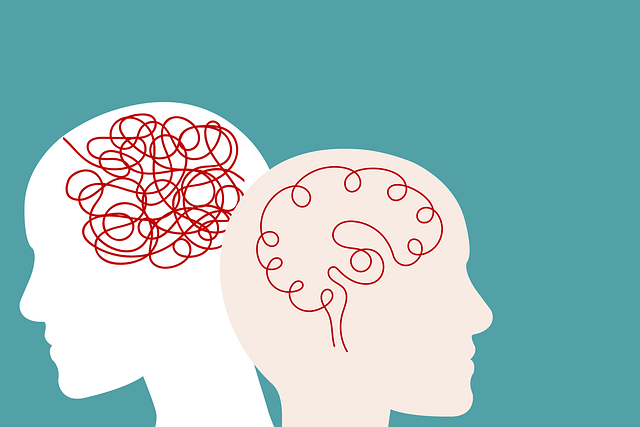This text emphasizes the significance of mood regulation in young children's well-being, highlighting that each child develops this skill uniquely. It advocates for therapy focusing on emotional identification and labeling as foundational steps, with social skills training and coping skills development crucial for managing intense emotions. Gender-affirming care, increasingly recognized, provides a comprehensive strategy including psychological support, social acceptance, and family involvement to facilitate emotional healing and improve mental wellness in children, especially those experiencing gender dysphoria or identifying outside traditional gender norms. CBT tailored for young children is a proven method to teach emotion management through challenging negative thoughts with positive, realistic ones, vital in gender-affirming care for kids struggling with identity or anxiety. Self-awareness exercises like journaling and mindfulness empower children to express themselves and alleviate anxiety, fostering healthier emotional relationships.
Mood regulation is a vital skill for children to develop, especially as they navigate their emotions and social interactions. This article explores strategies to support young kids in managing their moods effectively. We delve into the role of gender-affirming care, which has proven beneficial for emotional well-being. By understanding mood regulation in young children, parents and caregivers can employ techniques such as mindfulness, positive reinforcement, and structured routines to foster healthier emotional development. Discover how these strategies can be tailored to individual needs, with a focus on the impact of therapy and gender-affirming practices.
- Understanding Mood Regulation in Young Children
- Gender-Affirming Care and Its Impact on Emotional Well-being
- Effective Strategies for Mood Management in Kids
Understanding Mood Regulation in Young Children

Understanding Mood Regulation in Young Children
Mood regulation is a complex skill that young children are developing, and it’s crucial to recognize that each child does so uniquely. In the realm of therapy for young children, especially those receiving gender-affirming care, fostering healthy mood regulation strategies can significantly contribute to their overall well-being. The first step involves helping them identify and label their emotions—a fundamental aspect of inner strength development. By teaching children to recognize feelings, therapists enable them to start navigating their emotional landscape.
Social skills training and coping skills development play a pivotal role in this process. Through interactive activities and guided discussions, young individuals learn to express themselves effectively and manage intense emotions. These strategies not only help children cope with everyday challenges but also prepare them for navigating more complex social interactions as they grow. By providing a safe space to explore their emotions, therapists empower young children to build resilience and enhance their ability to regulate moods, setting the foundation for a brighter future.
Gender-Affirming Care and Its Impact on Emotional Well-being

In recent years, there has been a growing recognition of the significance of gender-affirming care in therapy for young children, particularly those experiencing gender dysphoria or identifying outside traditional gender norms. This approach focuses on supporting and validating a child’s authentic self, which can have profound effects on their emotional well-being. Gender-affirming care goes beyond simply providing medical interventions; it involves a comprehensive strategy that includes psychological support, social acceptance, and family involvement.
By offering an environment free from judgment and discrimination, gender-affirming care facilitates the emotional healing processes for these young individuals. Research suggests that this type of care can significantly improve mental wellness and reduce symptoms associated with anxiety and depression. Moreover, it plays a crucial role in shaping a positive mental health policy analysis and advocacy, ensuring that children’s rights to self-expression and identity are respected and supported within healthcare systems.
Effective Strategies for Mood Management in Kids

Managing a child’s mood effectively is a critical aspect of their overall well-being and development. Young minds are particularly vulnerable to emotional shifts, making it essential to implement strategies that foster resilience and healthy coping mechanisms. One proven approach is therapy tailored for young children, focusing on techniques like cognitive-behavioural therapy (CBT) which can help them identify and manage their emotions. CBT teaches kids to challenge negative thoughts and replace them with more positive and realistic ones, thereby improving their mood regulation skills.
In the context of gender-affirming care, these strategies become even more vital for children struggling with their identity or experiencing anxiety. By incorporating self-awareness exercises that encourage expression and exploration, kids can enhance their understanding of themselves. Activities such as journaling, mindfulness practices, and creative outlets can provide much-needed avenues for emotional release and help alleviate symptoms of anxiety relief and burnout prevention. Through these methods, children are empowered to navigate their feelings with support and care, fostering a healthier relationship with their emotions.
Mood regulation is a vital aspect of emotional well-being, especially for young children. By understanding and implementing effective strategies like gender-affirming care, parents and caregivers can significantly enhance a child’s ability to manage their moods. This holistic approach, which includes therapy for young children, not only supports their emotional development but also fosters a sense of security and self-acceptance. Incorporating these strategies into daily routines can revolutionize mood management in kids, leading to happier and healthier lives.











